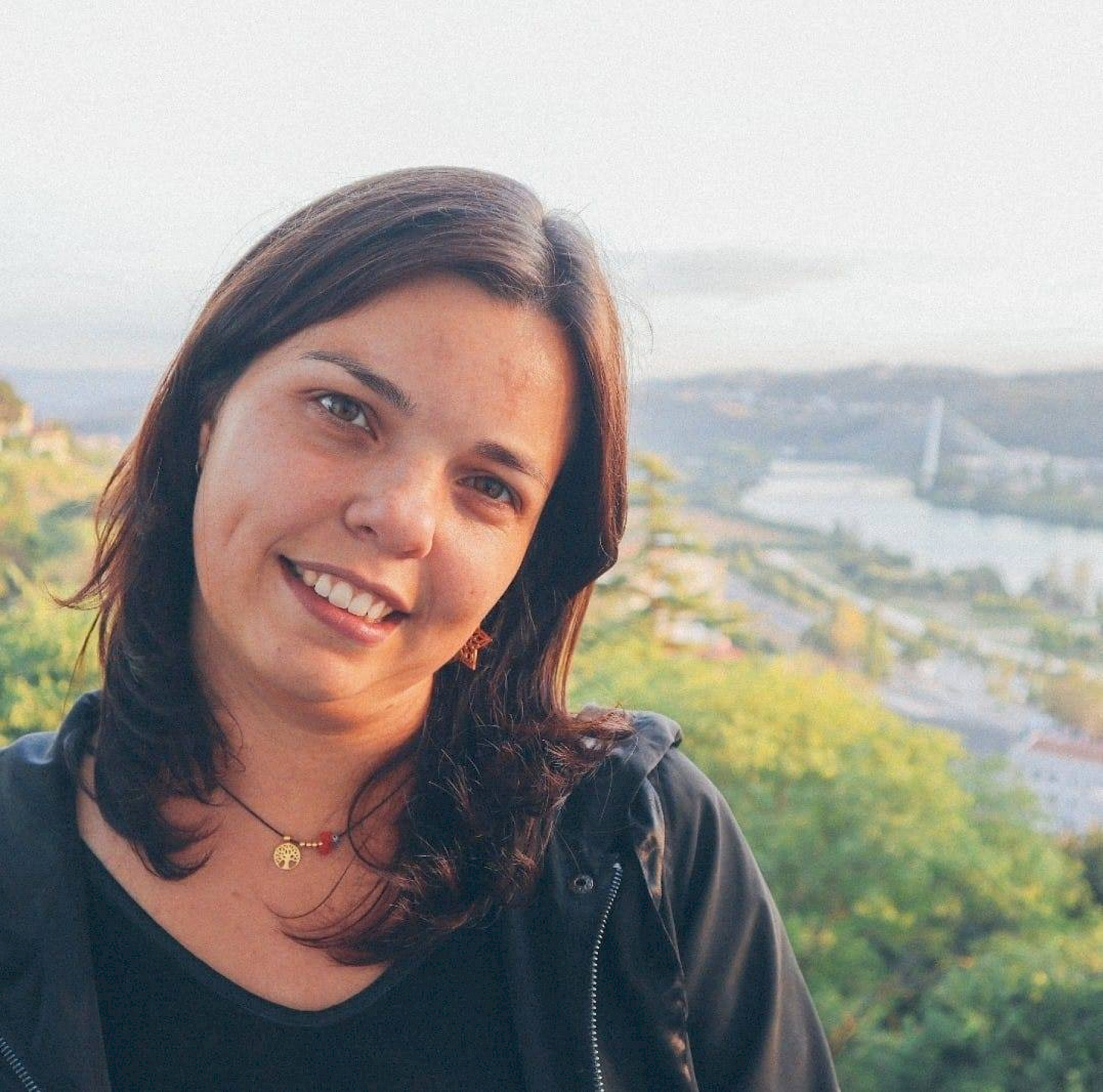Psychological intervention programme developed by UC researchers showed positive effects on postpartum depression
The core aim of the Be a Mom online programme is to reduce depressive symptoms in women after childbirth and to promote maternal mental health in the postnatal period.
English version: Diana Taborda
The web-based psychological intervention programme “Be a Mom”, designed to prevent postpartum depression (PPD) and promote maternal mental health, has shown to have positive effects on the lives of about 1500 women who have participated in a randomized control trial that assessed the effectiveness of this intervention.
The programme, developed by a research team of the University of Coimbra (UC) led by Ana Fonseca and Maria Cristina Canavarro, showed positive impacts on emotional regulation and self-compassion in women at higher risk of developing postpartum depression, reducing depressive and anxious symptoms, having also positively benefitted the mental health of mothers less prone to postpartum depression.
Ana Fonseca, the Principal Investigator (PI) of the study, is a clinical psychologist and researcher at the Faculty of Psychology and Educational Sciences of the University of Coimbra (FPCEUC) and the Centre for Research in Neuropsychology and Cognitive and Behavioral Intervention (CINEICC). She explains that “this psychological intervention tool aims to reduce the depressive symptoms of women after they become mothers, promoting maternal mental health during the postpartum period, as we know that promoting mental health in mothers also has positive effects on the child's development and well-being.”
Dr. Fonseca further adds that “International data suggests that postpartum depression affects one in seven women and, to address this public health problem, we need effective interventions made available to all women. Thus, online tools are extremely important.”
Although some women "have risk factors that make them more prone to develop postpartum depression, this is a mental health condition that can affect any woman during motherhood. Moreover, even those who do not develop this condition can benefit from a range of strategies to promote their mental health and well-being during this period”, explains the PI of the study. The project included two groups in the trial: women who had more risk factors (such as having poor social support, having a previous history of depression or anxiety, or having had some health complication during pregnancy/delivery or with the baby) and women who had lower risk factors for developing PPD.
The first group, consisting of 1053 women with risk factors, was divided into two sub-groups, one with women who used the "Be a Mom" tool and the other with women who didn't (control group). The 542 women who participated in the Be a Mom programme "showed a significant reduction of anxiety and depression symptoms during and after the programme, as well as a significant improvement in their emotional regulation capacity, psychological flexibility and self-compassion. These are important psychological processes, and their improvement was associated to a reduction of depression and anxiety symptoms in this group", Ana Fonseca highlights. “As for the 511 women who did not use the "Be a Mom" tool, changes in depressive symptoms were small or, in some cases, non-existent, and only showed an improvement in self-compassion, although about five times less when compared with the Be a Mom participants", adds the researcher.
The group composed of women with fewer risk factors for PPD included 367 women and were also divided into subgroups of Be a Mom participants and non-participants. In the group of the intervention participants, "191 showed a major increase in positive mental health (perceived as psychological and social well-being, satisfaction with life)", while only 9% of the women who hadn’t enrolled in the programme showed improvements in mental health", details Ana Fonseca.
In the evaluation made by the participants enrolled in the programme, it was possible to conclude that "85% of them would recommend the programme to other women and that 76.5% of the women would use "Be a Mom" again if necessary", adds the clinical psychologist.
“Be a Mom” is a self-guided intervention programme consisting of five modules (changes in motherhood and emotions; thoughts; values and relationships with others, including the couple's relationship; warning signs and final assessment) and it also includes psychoeducational content, as well as personalised exercises. In 2021, a USA company in the digital health area (Curio Digital Therapeutics) made a licensing agreement with the University of Coimbra, "and adapted the content of the "Be a Mom" programme for the US market, which also demonstrates the impact of the results achieved in this project", highlights Ana Fonseca.
On March 10, between 09h30 and 13h30, the final meeting of the project will take place to present and discuss the main results of the "Be a Mom" programme, to be held online at https://videoconf-colibri.zoom.us/j/97752113438. The session includes a presentation by Prof. Kathleen Baggett (Director of the Mark Chaffin Center for Healthy Development and Associate Professor at Georgia State University, USA: "A virtual remote coahing intervention targeting mood and positive development support as mechanisms for optimizing infant social-emotional oucomes: A randomized controlled trial”.
This online intervention was created as part of the research project "Be a Mom, a Web-Based Intervention to Promote Positive Mental Health Among Postpartum Women With Low Risk for Postpartum Depression: Exploring Psychological Mechanisms of Change", funded by Centre 2020 and the Portuguese Foundation for Science and Technology. The project had the collaboration of Redlight Software, a technology company based in Coimbra. In addition to the project's Principal Investigators (Ana Fonseca and Maria Cristina Canavarro), the team included other researchers and clinical psychologists (Anabela Araújo-Pedrosa, Carlos Carona, Fabiana Monteiro and Marco Pereira).

